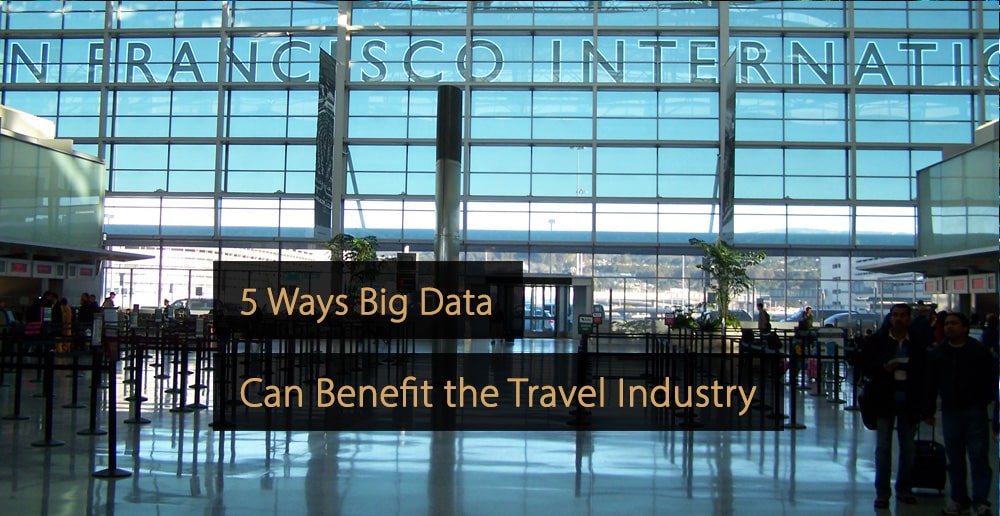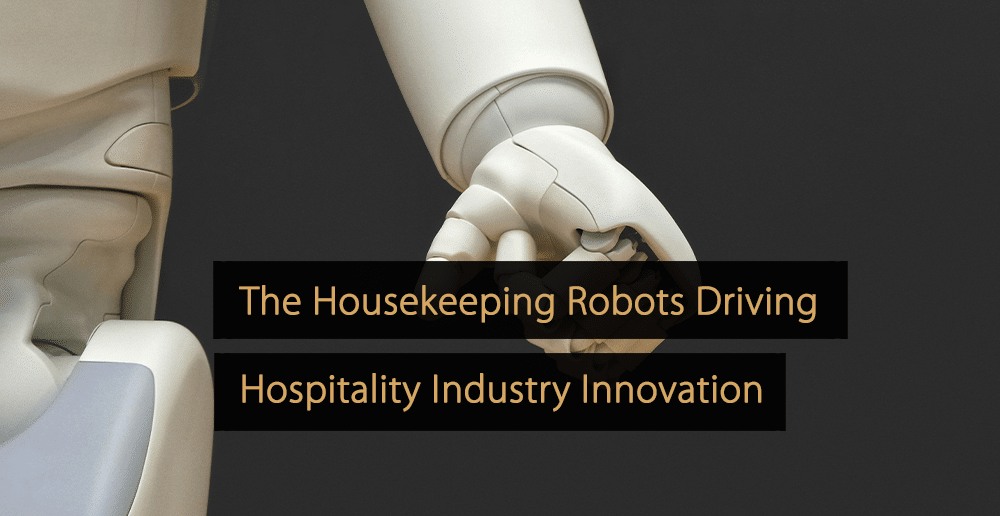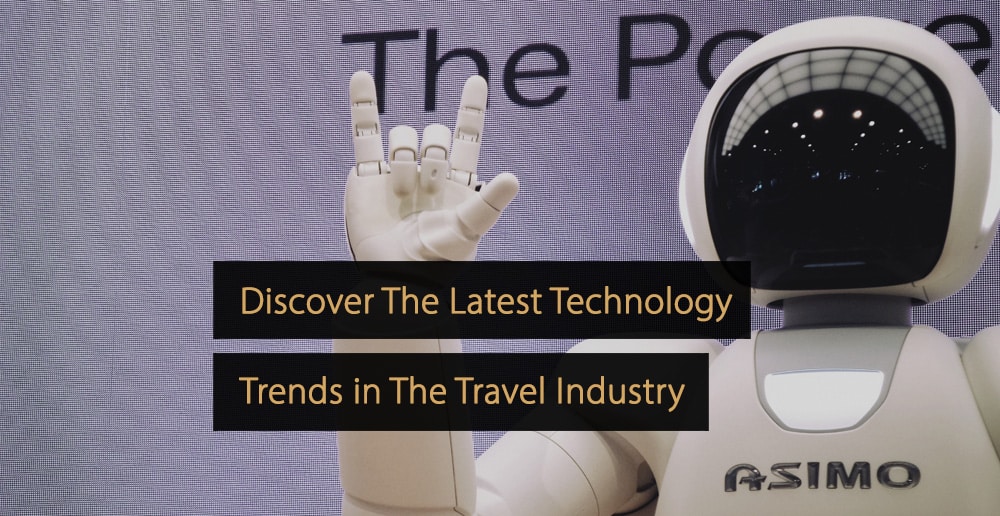Within the travel industry, big data is one of the most important concepts to get to grips with, because most other businesses are already utilizing it and reaping the rewards. These rewards include the ability to make more informed decisions, learn about customers and competitors, improve the customer experience, and increase revenue. In this article, you will learn more about big data, and how it can benefit companies in the tourism industry.
Table of Contents:
Understanding Big Data
First, it is important to establish what big data is. It is a term used to refer to large data sets that are too big to be processed through more traditional processing methods. This kind of data can originate from internal and external sources and is typically associated with customer views, habits, and behavior.
Due to the huge amounts of data that are now collected by businesses of all kinds, big data has become a top priority for many, and this is especially true in the travel industry. While its uses are varied, it can be especially helpful for tourism companies because it can enable predictive and behavioral analysis. According to the Tourism Industry Big Data Analytics Market Report by Future Market Insights, the global tourism industry and big data analytics market is projected to reach $486.6 billion by 2033.
Video: Big Data Explained
5 Ways Big Data Can Help Those in the Travel Industry
Below are the five big ways big data can help travel managers.
1. Revenue Management
One of the most effective uses of big data within the travel industry is linked to revenue management. To maximize financial results, hotels and other tourism companies need to be able to sell the right product to the right customer at the right moment for the right price via the right channel, and big data can be invaluable.
In particular, internal data like past occupancy rates, room revenue, and current bookings can be combined with external data, such as information about local events, flights, and school holidays, to more accurately predict and anticipate demand. As a result, hotels are then better able to manage prices and room rates, increasing them at times of high demand to maximize the revenue generated.
2. Reputation Management
Another important use for big data within the tourism industry is reputation management. In the Internet age, customers can leave reviews on various platforms, including social media sites, search engines, and dedicated review websites, sharing their opinions and experiences. Moreover, customers are increasingly checking these reviews and comparing different hotels before booking. According to the State of the Industry Report by RMS, 70.9% of travelers say a business’s online reputation influences their buying decisions in the travel industry.
This data, combined with feedback acquired internally, can be used to spot the most significant strengths and weaknesses and where customers are impressed or disappointed. Once this information has been gathered, hotels can use it to inform their training efforts, make improvements, and ensure positive future reviews.
3. Strategic Marketing
Marketing can be difficult in the travel industry because potential customers vary in who they are, where they come from, and what they are looking for. However, big data can help tourism companies adopt a more strategic approach to their marketing efforts, targeting the right people in the right way.
More specifically, big data can help businesses identify the main trends among their customers, where the similarities are, and what the best marketing opportunities are. It can also help businesses to understand where those people are and when marketing is most relevant to them. This can enable marketing messages to be sent, based on time, location, and other data, allowing more targeted promotional content to be delivered.
Table: Strategic Marketing with Big Data in Travel
4. Customer Experience
Hotels and other businesses in the travel and tourism industry interact with customers in a wide range of ways, each of which can provide valuable data that can be used to improve the overall customer experience. This data can include everything from social media conversations and online reviews to service usage data.
Used effectively, this information can reveal which services customers use most, which they do not use at all, and which they are most likely to request or talk about. Through this data, companies can make more informed, data-driven decisions about the services they currently provide, the services they no longer need to provide, the services they want to introduce, and the new technology they choose to invest in.
5. Market Research
Finally, those in the travel and tourism industry can also use big data to compile and analyze information about their main competitors to understand better what other hotels or businesses offer customers. Again, this data can be acquired from various sources, as there is no shortage of places where customers go to share their opinions on hotels and travel companies, especially online.
Ultimately, the data can be used to pinpoint rival companies’ strengths, weaknesses, and overall reputation. This can be extremely valuable, as it can help business leaders spot potential gaps in the market or opportunities to deliver in ways that rivals are failing to. This can, in turn, lead to greater demand and higher revenue.
Big Data in Travel Industry FAQs
Big data can benefit those in the travel industry in several important ways, allowing them to make more evidence-driven decisions. These include the ability to anticipate future demand more accurately, optimize pricing strategies, target marketing more precisely, and improve the customer experience.
Did You Like This Article About Big Data in the Travel Industry?
You might also be interested in the following articles:
- Benefits of Virtual Reality Marketing for The Travel Industry
- ChatGPT Travel Guide: How the Travel Industry Can Benefit!
- Metaverse Travel: How the Metaverse Will Change the Travel Industry
- Reasons why Contactless Payments are Becoming Popular Within the Travel Industry
- How Can Voice Control Benefit the Travel Industry?
More Tips to Grow Your Business
Revfine.com is the leading knowledge platform for the hospitality and travel industry. Professionals use our insights, strategies, and actionable tips to get inspired, optimize revenue, innovate processes, and improve customer experience.Explore expert advice on management, marketing, revenue management, operations, software, and technology in our dedicated Hotel, Hospitality, and Travel & Tourism categories.









Kudos for delivering such an informative post.
Thank you for sharing this info about big data within the travel industry, very helpful.
Thank you for this informative post.
Businesses should know now how valuable analyzing big data for their companies can be.